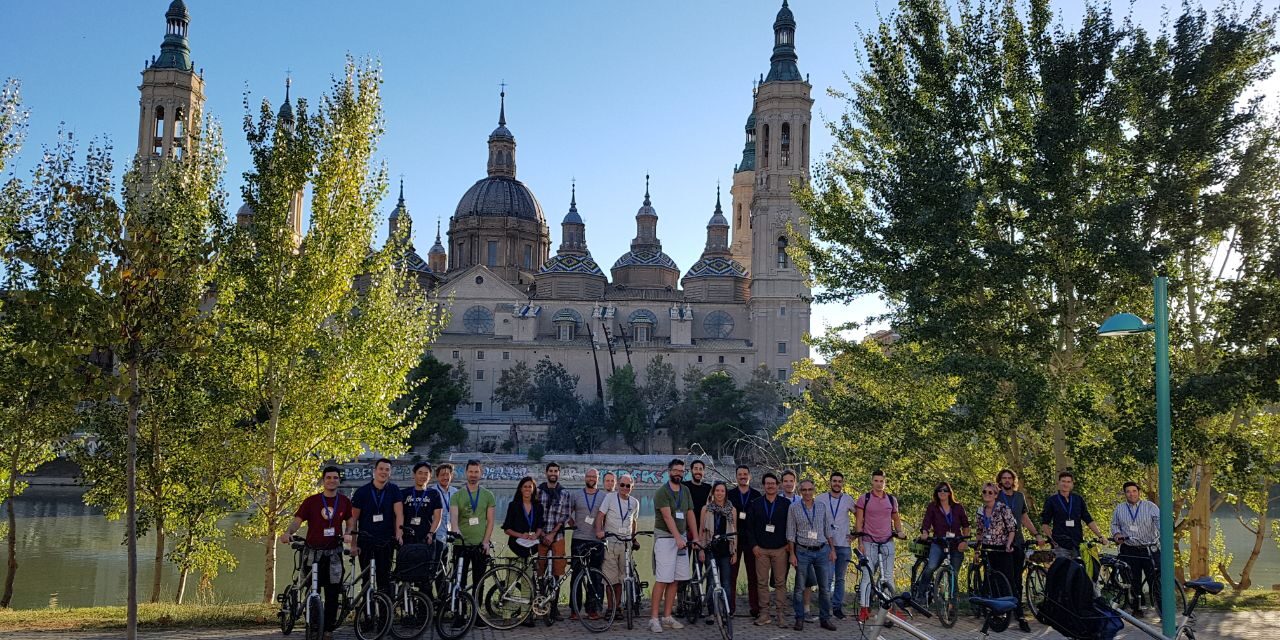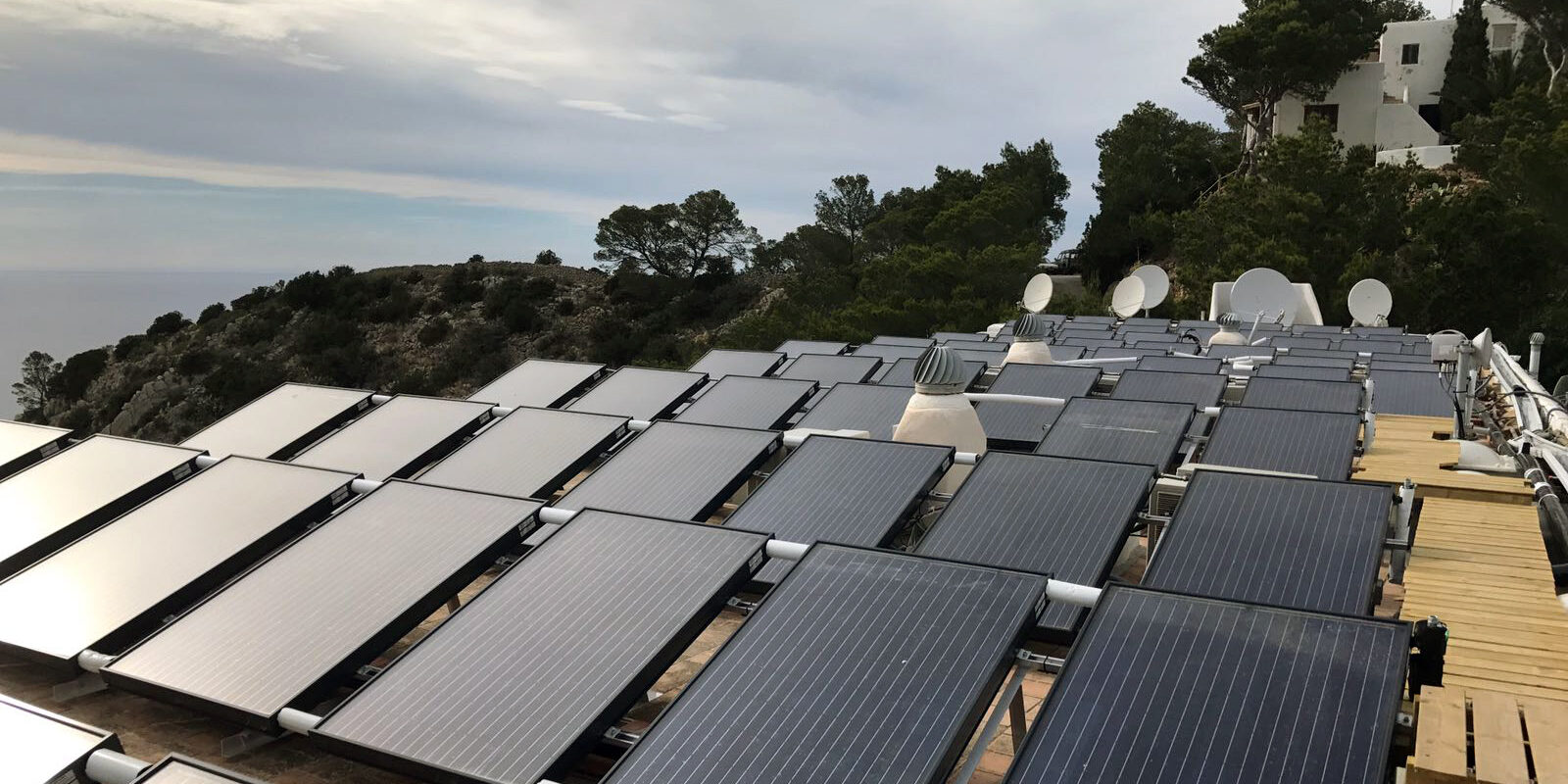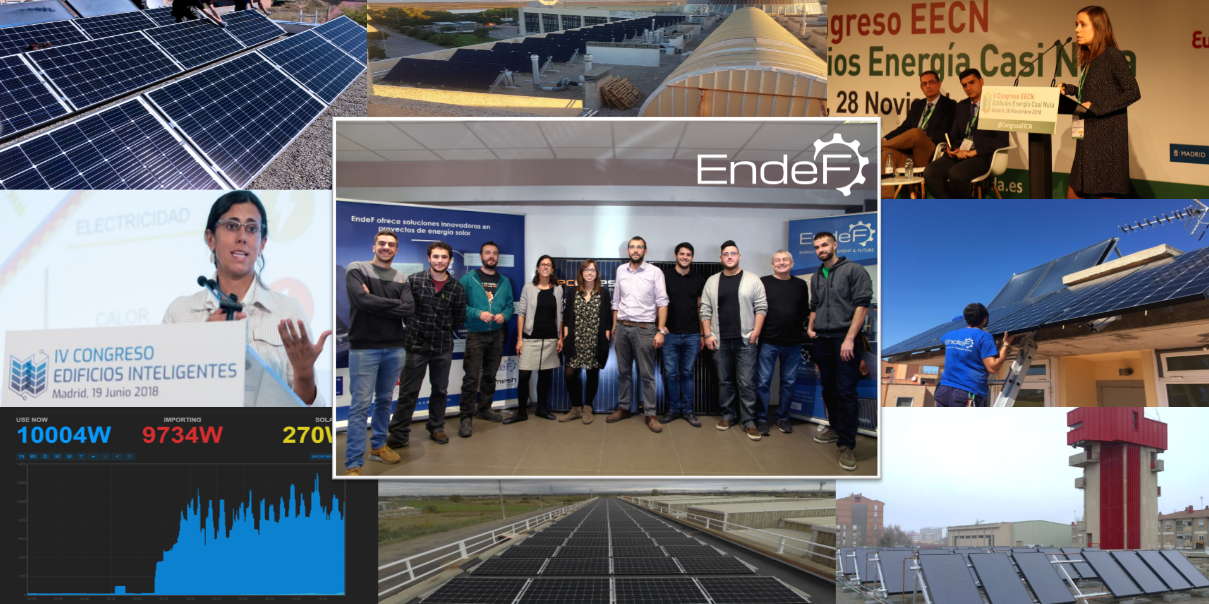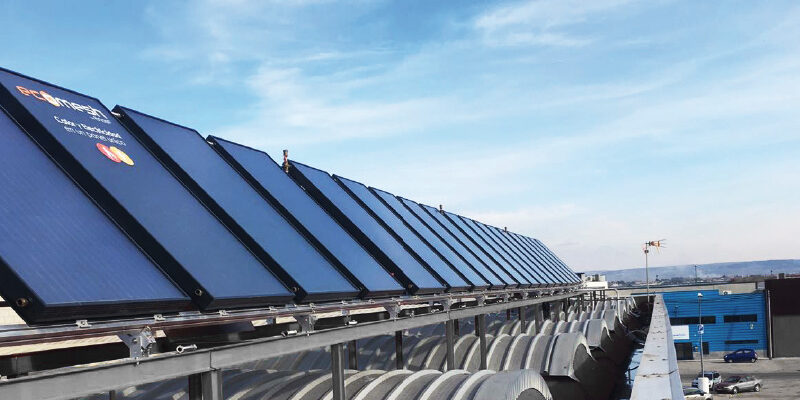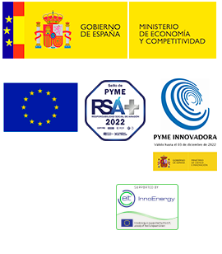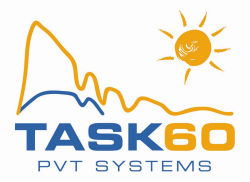
The same week that the Royal Decree-Law (RDL) 15/2018, of October 5, on urgent measures for the energy transition and consumer protection was validated at the congress, the University of Zaragoza welcomed experts from all over the world to work together around hybrid solar energy. An initiative that arises from the International Energy Agency (IEA for its acronym in English) within the solar heating and cooling program and is called Task60.
It is a working group focused on the application of PVT collectors that will seek to evaluate existing solutions and develop new system solution principles in which PVT technology offers advantages over classic “parallel installations” of solar thermal collectors and modules photovoltaic. Among its objectives is to provide an overview of the current status of PVTs, the comparison and study of operational experience, addressing the different models or increasing awareness and promotion of PVTs.
This group of experts will meet over three years (2018-2020) in different countries to try to meet these objectives. In this case it was the second call and EndeF, Zaragoza leader and pioneer company in the development of hybrid technology in Spain, was the host and organizer of the event.
A bike ride through the city, with a visit to the first Spanish public building with an installation of PVTs, was the way chosen by EndeF to welcome this group of engineers and doctors. Somewhat exhausted, but tremendously enthusiastic, they went to the restaurant that would host them in a first approach that would serve as ice-breaking, with an informal tapas dinner, with typical products of the land.
The next day, first thing in the morning, the assistants prepared themselves for a long day of work in the Boardroom of the Betancourt building of the University of Zaragoza. Jean-Christophe Hadorn, leader of Task60, opened the day by welcoming and warning of the hard work ahead. Orchestrated in 4 blocks from “A” to “D”, the main points that were discussed were:
- Analysis of existing systems (Subtask A)
- Search for experimental testing and certification methods (Subtask B)
- Simulation methods (Subtask C)
- Dissemination of results and market orientation (Subtask D)
On these 4 lines of work, companies, universities and research centers and groups from around the world presented the results obtained during the last months of work in each of these areas.
On Friday, after another day of working together and a hearty meal, under exceptional service by the staff of the cafeteria of the Betancourt building, this event was concluded.
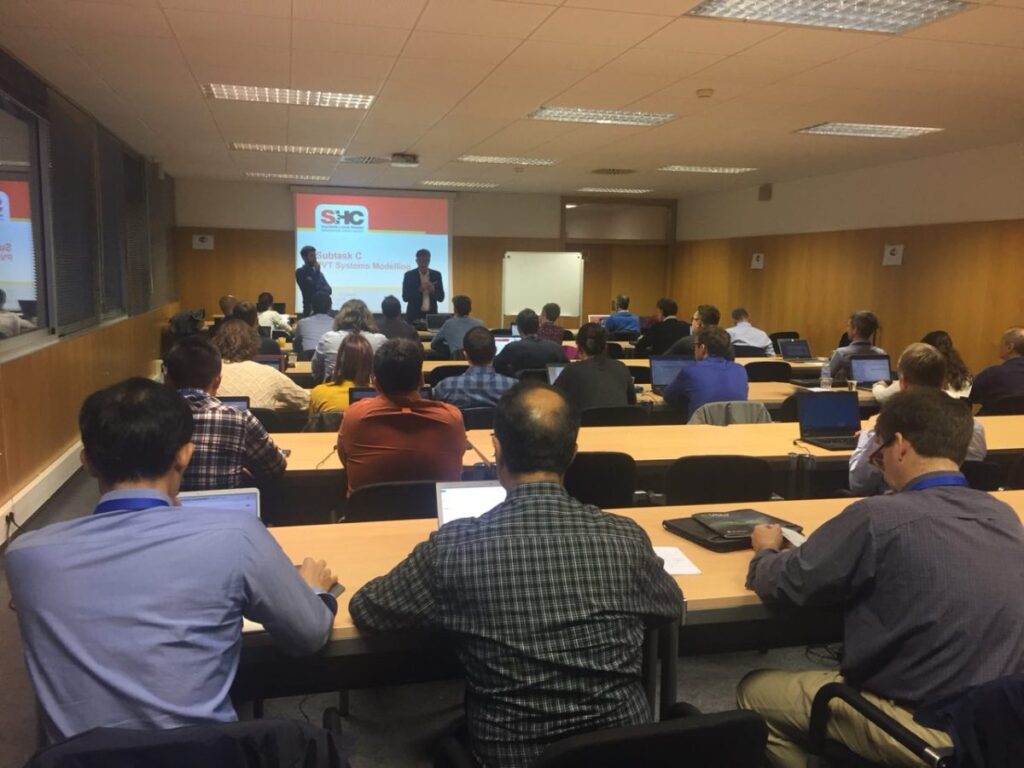
The next Task60 meeting will take place in 6 months in Eindhoven (Netherlands), where all the experts in hybrid solar technology will meet again to share all the results obtained during this time period.
